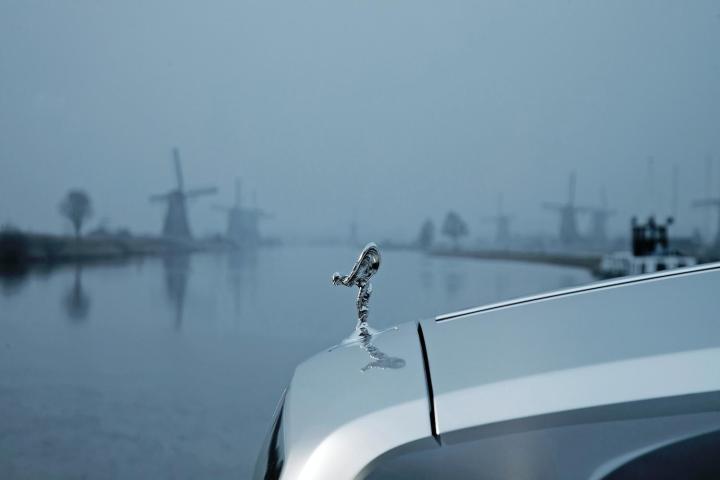
When the brass at Rolls-Royce think of building an SUV, they get a rather unpleasant taste in their mouths.
That’s because Rolls-Royce is neither sporty nor utilitarian. Although the Rolls-Royce chiefs understand that an ultra-luxury SUV would likely sell well, it’s still an irksome enterprise.
What is much more up Rolls’ alley, however, is a series of ultra exclusive, limited edition Rolls models constructed from carbon fiber and composite body materials borrowed from BMW, Rolls’ parent company.
As we’ve seen in the i3 and i8 plug-in hybrid models, BMW has become quite adept at getting the price of carbon fiber materials down. What would typically be an outlandishly expensive undertaking for Rolls could be a lot cheaper if Bimmer lends a hand.
Unlike the BMW i Series cars, the Rolls carbon cars wouldn’t be framed by aluminum and carbon fiber but rather retain the normal steel chassis. Rolls designers would then clothing the thing in carbon fiber bodywork. This would allow the bespoke British brand to avoid extensive and expensive crash testing of a new chassis.
So while the Rolls designers work tirelessly to make the brand’s iconic temple-façade grille with the proportions of an SUV to no avail, according to Edmunds, another side of the company is designing even more exclusive carbon fiber units.
We wondered how much more exclusive could a Rolls-Royce get. Turns out that over 90 percent of all Rolls sold include some kind of bespoke feature, which tells the company heads that a limited edition could sell quite well.


